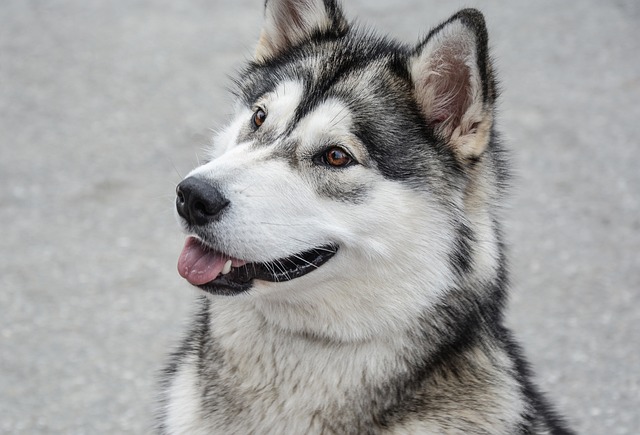
How can I tell if my dog's heatstroke is serious
Let’s be real: It’s a sticky August morning in Los Angeles, and you took your 2-year-old Golden Retriever, Max, for a walk a little later than usual
What to give my dog for better digestion? It’s a question many pet parents find themselves asking after noticing their pup turning away from meals, struggling with gas, or having irregular stools. A happy dog starts with a healthy gut, and the good news is there are simple, safe ways to support their digestion—no fancy products required.
Pumpkin is a classic go-to, and for good reason. Canned (not pie filling, which has sugar and spices) or cooked plain pumpkin is packed with fiber that helps regulate both loose stools and constipation. It’s gentle on the stomach, too, so even sensitive pups tend to take it well. Many owners mix a tablespoon into regular food, and you’ll often see it recommended by vets because it’s low-risk and effective. Just make sure it’s 100% pumpkin—no additives that could upset things further.
Probiotics are another game-changer. These good bacteria help balance the gut, much like they do in humans. Look for dog-specific formulas, as human probiotics might not have the right strains. You can find them in powders, chews, or even some high-quality wet foods. Start with small doses, though—too much too fast can cause temporary bloating as their system adjusts. Over time, you’ll likely notice more consistent energy and fewer tummy troubles.
 Oatmeal, cooked plain and unseasoned, is another gentle option. It’s easy to digest, high in fiber, and a great source of energy. Mixing a little into their kibble can add moisture and texture without overwhelming their system. Just skip the sugar, salt, or milk—dairy often doesn’t sit well with dogs, and excess salt isn’t good for their hearts. It’s a simple swap that fits into most feeding routines, whether you’re using dry food or home-cooked meals.
Oatmeal, cooked plain and unseasoned, is another gentle option. It’s easy to digest, high in fiber, and a great source of energy. Mixing a little into their kibble can add moisture and texture without overwhelming their system. Just skip the sugar, salt, or milk—dairy often doesn’t sit well with dogs, and excess salt isn’t good for their hearts. It’s a simple swap that fits into most feeding routines, whether you’re using dry food or home-cooked meals.
What you avoid matters as much as what you add. Foods like onions, garlic, grapes, and chocolate are toxic, but even common table scraps like fatty meats or spicy dishes can throw their digestion off track. Sticking to a consistent diet—with occasional healthy additions—helps their gut stay balanced. Sudden changes in food, even to “healthy” options, can cause upset, so introduce new things slowly, over a few days, mixed with their regular meals.
It’s also smart to pay attention to portion sizes and meal times. Free-feeding might seem convenient, but regular, measured meals help their digestive system know when to get to work. If your dog scarfs down food too quickly, a slow feeder bowl can prevent them from swallowing air, which leads to gas. And always make sure fresh water is available—dehydration makes digestion harder, plain and simple.
When in doubt, check with your vet. They can rule out underlying issues like allergies or infections that might be causing digestive problems. They might also recommend specific supplements or diets tailored to your dog’s age, breed, or health history. After all, every pup is different—what works for a tiny Chihuahua might not be right for a large Labrador. With a little patience and the right additions, you’ll have a happier, more comfortable dog in no time.

Let’s be real: It’s a sticky August morning in Los Angeles, and you took your 2-year-old Golden Retriever, Max, for a walk a little later than usual

You're enjoying a summer afternoon at the park when you notice your dog has stopped panting and appears disoriented - their gums are bright red

Let’s paint the picture: You’re in your Denver apartment, watching your 4-year-old Boston Terrier, Ruby, plop down mid-play session with her favorite toy

Many dog owners notice their pets nails seem shorter after regular walks,but how much does this daily activity actually help?The answer depends on where you walk—concrete sidewalks or asphalt streets gently file nails as a dog's paws hit the ground

Most dog owners notice their pup scooting across the carpet at some point, but few connect it to impacted anal glands. These small sacs near a dog’s rectum secrete a scent for marking territory

Most vets agree that regular dog teeth cleaning is key to avoiding painful dental issues later. For healthy adult dogs, a professional cleaning at the vet’s office every 12 to 18 months usually works well.